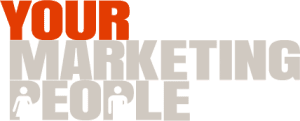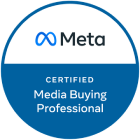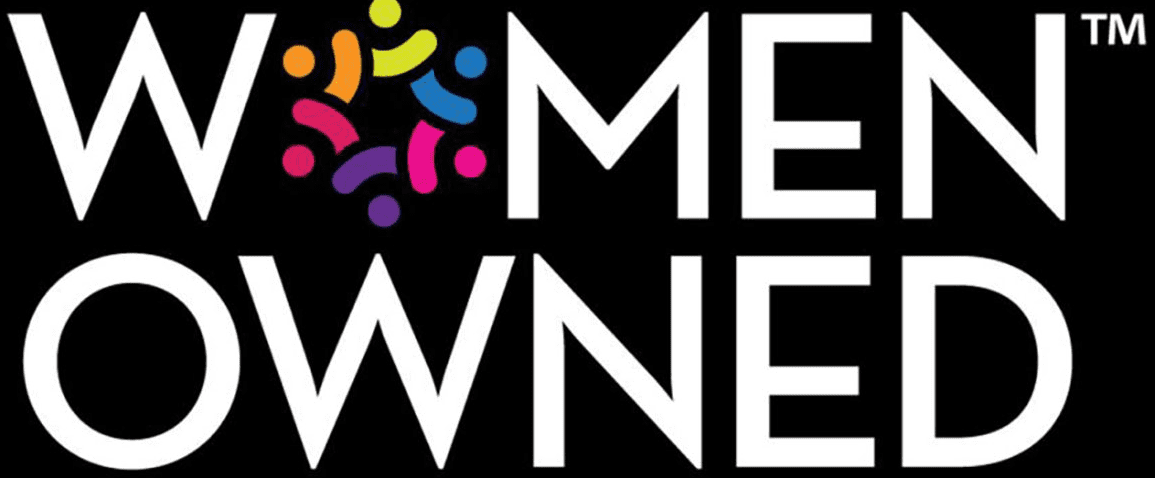TLDR: Pay-per-click (PPC) advertising is an online advertising model where advertisers pay a fee each time a user clicks on their ad. This digital marketing approach allows businesses to display ads that appear across multiple platforms, including search engines like Google and Bing, display ads on websites within advertising networks, and social ads on social media platforms such as Facebook and Instagram. In a PPC campaign, advertisers bid on relevant keywords to determine when their ad appears on a search engine results page or other ad platforms. The cost per click varies based on factors like ad rank and how much competitors are willing to pay, making PPC advertising a measurable and budget-friendly advertising model. Common types of PPC ads include search ads, shopping ads, display ads, video ads, and text ads that appear across various PPC platforms like Google Ads, Microsoft Advertising (Bing Ads), and Facebook Ads. Success in pay-per-click marketing depends on strategic ppc keyword research, compelling ad copy, well-organized ad groups, and continuous optimization to ensure your ad spend delivers clicks and conversions for your product or service. With proper management through a Google Ads account and understanding of different ad formats, businesses can effectively use PPC as part of their broader digital marketing and search engine marketing strategies.
According to the latest research from Statista, 74% of small businesses currently use or plan to use PPC advertising. What’s more, global spending on PPC advertising grows at a rate of over 10% each year — and that’s just on the PPC marketing ads you encounter in search engines like Google and Bing.
Clearly, PPC advertising has a lot to offer businesses, but what is it, exactly? How does PPC advertising work and provide results, and what is an example of PPC in marketing?
Read on as we answer these questions.
Sections
What is pay-per-click (PPC) advertising?
Pay-per-click, or PPC for short, is an online advertising model where the advertiser only pays when a person clicks on their ad. PPC is attractive because you only pay for the desired action (click). PPC is also very measurable, which distinguishes it from other forms of advertising campaigns and content like a billboard or television commercial.
Other terms to know in PPC advertising
When you start running PPC campaigns, there are a handful of terms you’ll want to know. Here’s a quick vocabulary lesson.
- Impressions are the number of times someone views your ad, whether or not they click on it. Having a very high number of impressions, but little to no clicks, may suggest that you need to improve something about your ad, such as the ad headline or description.
- CPC, or cost per click, describes how much you pay for each click on the ad. This is either a fixed amount, or it varies based on the ad auction. In an auction, you as the advertiser set the maximum amount you’re willing to pay for your ad to appear (this is called a bid). Then, the ad system (e.g. Google) compares your bid against other advertisers’ bids, along with other factors, to determine which ad gets to display first or at all.
- CTR, or click-through rate, is the percentage of people who actually click on your ad to reach your website, out of the total number of people who see your ad. Systems like Google Ads reward ads with higher click-through rates, as this suggests the ad is a better advertisement.
- Conversion is the desired action you want a user to take after seeing your ad. Beyond just clicking on the ad, conversions can describe actions like making a purchase, watching a video, or filling out a lead form.
Benefits of PPC
There are a number of benefits to the PPC advertising model. For example, you can:
- Bid on specific keywords and phrases relevant to your business.
- Choose how and where your ads appear.
- Refine your targeting criteria to reach your desired audience.
- Control your budget, by the day and by the campaign.
- Reduce your cost per click by improving the quality of your ads.
- Analyze the performance of your ads and make edits to improve them for better results.
3 examples of PPC
The most common places you’ll encounter PPC advertising are on search engines, other websites, and social media networks.
1. Search engines
The most obvious example of PPC is on search engines like Google and Bing. Here, you can purchase different types of ads, such as text ads or Shopping ads, to appear in different parts of the search engine.



2. Display ads
While search ads appear on search engines, Display ads can appear on any website or app included in the ad system’s network. The Google Display Network, for example, includes over 2 millions websites and apps, along with Google properties like YouTube and Discover.


3. Social media
The PPC model is also used throughout social media, such as Facebook and Instagram.

While the above are the places you’re most likely to see PPC ads, you can find it on any website that offers a paid advertising model. For example, you can find examples of PPC ads on Amazon, too.

Get started with PPC advertising
Businesses use PPC advertising as part of their marketing strategy because it works, plain and simple. Pay Per Click is an extremely effective advertising model, but it’s smart to work with experts.
When you partner with a PPC agency like Your Marketing People, you can fast-track your way to success, instead of making mistakes and wasting budget along the way. Contact us today to discuss how we can surpass your ROI goals and bring you clicks and conversions.







